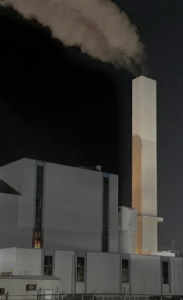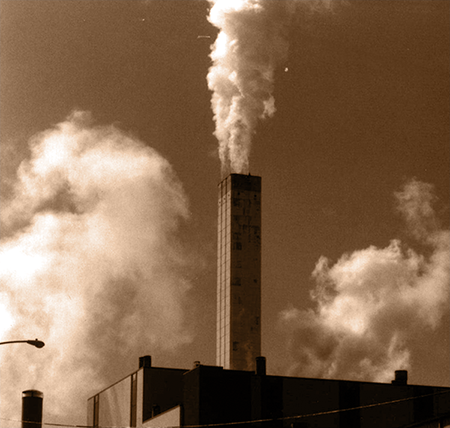Our Annual Planning Meeting will be on Zoom this year, so we’ve split it into two parts. The first was on Sat, Feb 13th. The second will be on Saturday, Feb. 27th, 10am–1pm. To participate in either or both sessions, you must register at [email protected].
2020 was a challenging year. 2021 may well have similar challenges—just when many of us are longing to go back to “normal,” or some semblance of what’s familiar. There has been a lot of loss—loss of lives, loss of normality, perhaps some loss of innocence. We have had to face our nation’s demons—the demons of racism, of inequality, of intolerance. We discovered how insufficiently we were prepared for a pandemic. We discovered just how polarized our discourse has become. Our world has, in many ways, been turned inside out.

Unfortunately, “normal” is what got us here. Refusing to deal with the systems that were getting worse and worse has finally led to them blowing up in our faces. There is no going back to normal.
There is only going forward into a future that we need to build ourselves, sifting through what hasn’t been working, and crafting new systems from what has.

We need to re-learn to talk to our neighbors with respect and compassion. We need to unhook ourselves from the global or even national scale and come back to our communities, make them whole, make them thrive.
Fortunately, the chaos of recent days and months has revealed some gold amongst the coal. Among the hardships of the coronavirus pandemic, there have been thousands of shining examples of heroism, of people generously stepping up to help in any way they could. We witnessed the horrors of racism—innocent Blacks killed by police and civilians for engaging in everyday activities whites take for granted, inequitable treatment in large ways and small, not privy to so many of the benefits whites don’t even notice they have. There is now more awareness of just how bad conditions for Blacks are, there’s been a rise of allyship, a call for ways to repair the damage. The storming of the Capitol building on Jan. 6th may have been one of the dying throes of white supremacy. We can’t hope that it’s over yet but maybe it’s on its way out.

At heart, most people really want to help each other, to make sure everyone is taken care of, to know and appreciate our neighbors, to be part of a community where we feel known and accepted. This is who we are. We can’t be happy while others are suffering. Leaving people out only leaves us less whole. This is the heart of TTM’s mission. This is what we’re working to realize—it’s what we’ll be working on this year, as we have been for the past 11 years.
Transition Town Media holds an Annual Planning Meeting where we pool our visions of what we want our community to be like, look like, feel like—and then strategize about the projects that could make that happen. Last year’s Annual Planning session was our best yet and generated many exciting projects, some of which were derailed by the pandemic, but others are flourishing. And as often happens, life (or COVID in this case) comes along and offers new opportunities as well. So, in March when Media businesses and restaurants had to close, we jumped in to help, contributing $3,000 to a gift card stimulus that raised over $15,000 for local businesses. TTM’ers also got busy helping neighbors, making masks, doing grocery shopping for the home-bound.

We were particularly honored to be invited to contribute the Transition perspective to some important conversations involving Chester and Delaware County as a whole. Local community organizer and activist, Ulysses Slaughter, noted the concern that COVID was impacting Black communities more heavily than the general population, but also noted that, while a lot of money was being poured into testing and vaccination efforts, money never seemed available to address the causes of the poorer health in the Black communities that made them more vulnerable—the chronic pollution, lack of nutritious food, unsafe housing causing high rates of asthma, diabetes, and other chronic conditions, as evidenced in Chester.

Ulysses gathered other local leaders to speak to Delaware County Council about the history, psychology, causes and impacts of how Blacks have been treated by the medical establishment and by their local governments. Zulene Mayfield, founder of Chester Residents Concerned for Quality Living (CRCQL), spoke of her group’s crusade to clean up the pollution corridor in Chester that has led to the ill health of so many Chester residents.
We need to invest in the health of communities like Chester by cleaning up the pollution, making healthier food available, strengthening Chester’s economy, making Chester’s homes safer to live in, and let Chester thrive again. Click here to watch the presentation this group made to the Delaware County Council on Dec. 17th, 2020.
We are currently gearing up for a series of monthly actions intent on bringing Delco communities together to support local businesses in a number of Delco municipalities. Interested? Send an email to info@TransitionTownMedia.org to get more information.


Leave a Reply